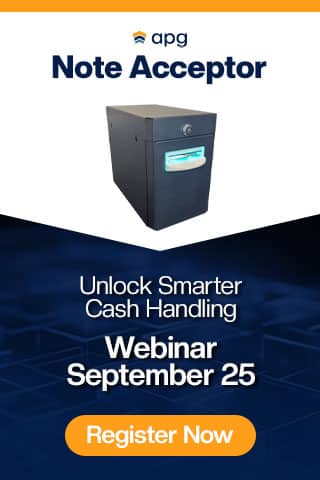 POS resellers are essential to a vendor’s strategy to target its products to the right market. Without the benefit of channel partnerships, vendors would be hard-pressed to gain brand mindshare.
POS resellers are essential to a vendor’s strategy to target its products to the right market. Without the benefit of channel partnerships, vendors would be hard-pressed to gain brand mindshare.
But not all vendors deliver the same value, so any potential channel partner should research each vendor carefully. You want to make sure vendors deliver the right levels of reliability and support. Your success as a reseller may depend on the quality of the vendor. It could be argued that there is a ranking to the seven so, in no particular order, here are 7 ways to check if a vendor delivers the value you need:
-
Understands customer needs.
Even vendors with great products can misread their target markets. As a channel partner, you want vendors that listen to customers and respond to their needs. The more attuned the vendor is, the more likely the products are to meet customer needs. Vendor longevity is a good indicator of its understanding of the market because if the vendor has been around a while, it must be doing something right.

-
Stands behind products.
Depending on the solution, a technology sale may require demos, proofs of concept and pilot runs. Vendors that stand behind their products understand this need and try to make the sales cycle as smooth as possible by offering evaluation units and making technicians available to answer questions. A vendor that takes a hand-off approach to the sales process is probably an undesirable partner.
-
Delivers reliable solutions.
There are several considerations to keep in mind when it comes to reliability. For instance, what’s a solution’s failure rate? A vendor confident in its technology will have no qualms about sharing the information. Warranty terms are another indicator of a vendor’s confidence in its products. You should also inquire about the types of tests vendors put their products through for quality assurance. Lastly, check if the vendor follows industry standards such as ISO to ensure consistent quality in design and manufacture.
-
Offers different options.
Since no two customers are alike, resellers often customize solutions. If you’re selling a cash drawer, for instance, you’ll want a choice of configurations and locks to best address the specific needs of each customer.
-
 Delivers reliable tech support.
Delivers reliable tech support. A vendor’s support structure makes or breaks partnerships. Insist on a vendor that offers live tech support with knowledgeable staff that answers questions in a timely manner, even if they have to get information first and call you back. Vendors try to steer people with inquiries to their websites, but sometimes you need to talk to a person. If a vendor makes that difficult, it’s frustrating and potential harms customer relationships.
-
Provides marketing support.
Marketing support comes in many forms, such as advertising materials, solution demos at trade shows and meetings with experts. Look for vendors that readily provide solution spec sheets and images you can use in sales pitches, as well as people who work with you to develop marketing and sales plans.
-
Has a channel-centric philosophy.
Find channel-centric vendors that understand their role and that of the channel partner. You don’t want to do all the work on a customer deal only to have the vendor come in at the end and take the business direct. A vendor that does this is likely to do it again, so avoid them.
You might want to pass on vendors that don’t deliver in any of these areas. It could end up hurting your business because you can’t fully address customer needs – something any reseller wants to avoid.




